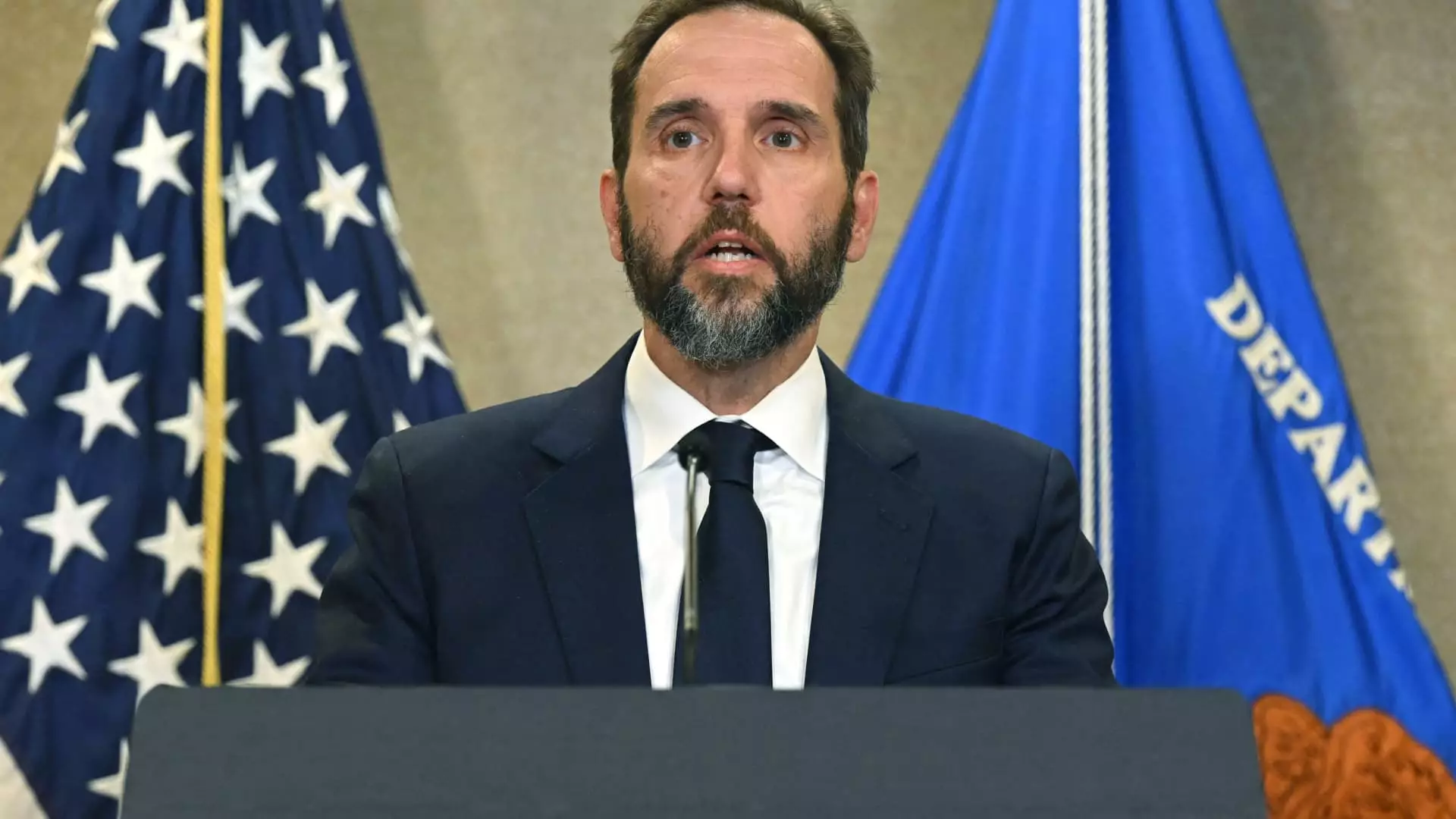In a significant development, Special Counsel Jack Smith has requested the Supreme Court to reject former President Donald Trump’s emergency application that sought to further delay his criminal trial. The trial, which arises from Trump’s efforts to overturn the 2020 election, is a matter of utmost importance. Smith filed his response to Trump’s request well ahead of the court’s deadline, explaining that the former president’s bid to put an appeals court ruling on hold lacks the necessary requirements for the Supreme Court to intervene.
Smith emphasized the critical need for a speedy and fair verdict, as a delay in the resolution of these charges would pose a threat to the public interest. Given the unique national importance of the case, it is essential to preserve the integrity and efficiency of the legal process. The federal indictment against a former president for alleged criminal efforts to overturn the results of a presidential election is a matter that cannot be taken lightly.
Trump seeks additional time to litigate his claim that the federal indictment should be dismissed based on presidential immunity. However, the U.S. Court of Appeals for the District of Columbia Circuit has already issued a ruling against Trump on the immunity issue. The three-judge panel granted Trump an opportunity to file an emergency request at the Supreme Court to prevent the decision from taking effect.
Smith proposes that if the court decides to grant Trump’s request, immediate action must be taken to expedite the case. He suggests that the court should hear oral arguments as early as next month in order to issue a ruling before the end of June when the court’s term typically concludes. This approach would ensure that justice is not prolonged, and a trial can proceed without undue delay.
The trial in question is just one of the four criminal cases that Trump is currently fighting. The outcome of this trial could have significant implications, as a victory for Trump in the 2020 election would grant him the power to dismiss the charges. Moreover, if already convicted, he could seek to pardon himself. These possibilities add further intrigue to the legal questions surrounding the case, particularly regarding the definition of official acts and whether Trump’s attempts to interfere in the election fall under that category.
Trump’s lawyers argue that presidents should have total immunity for their official acts. They assert that his actions in questioning the 2020 election results were part of his duties as president. The Supreme Court’s decision in this case bears significance beyond Trump’s trial, as it could set a precedent for future cases involving presidential immunity for official acts. Trump’s lawyers caution that allowing his prosecution could create a precedent where such prosecutions become increasingly common, leading to destructive cycles of recrimination.
Special Counsel Jack Smith’s response to Donald Trump’s emergency application highlights the critical need for a speedy and fair verdict in the criminal trial arising from Trump’s efforts to overturn the 2020 election. Smith urges the Supreme Court to reject Trump’s bid to further delay proceedings, emphasizing the public interest and the unique national importance of the case. While Trump’s lawyers argue for presidential immunity, Smith calls for expedited proceedings to ensure justice is served promptly. The Supreme Court’s decision will have far-reaching implications, not only for Trump’s trial but for future cases involving presidential immunity for official acts.

Leave a Reply